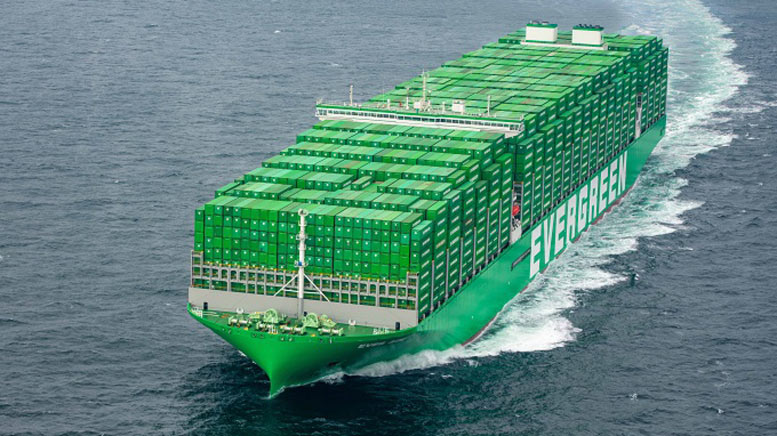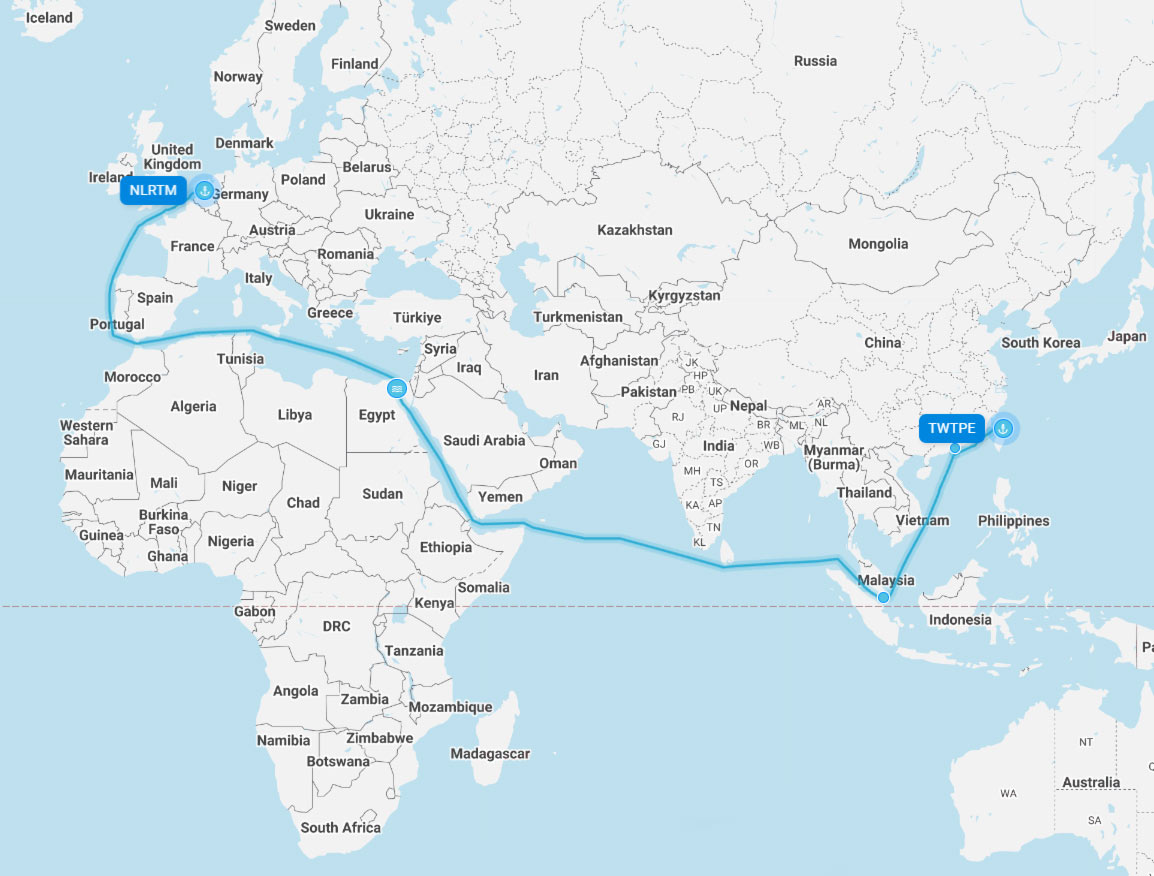
The busy East-West shipping routes that transit through the Suez Canal are again in jeopardy, putting pricing pressure on goods, including PCs and components, as well as many other essential products and commodities. Yemen-based and Iran-backed Houthis are said to be targeting cargo ships they believe are on the way to Israel. The aggression is aimed at Israel-bound ships in a show of support to Hamas, say the Houthi perpetrators. However, there are multiple reports of ships with no links to Israel being targeted by drones and missiles. Tech publication TechPowerUp also reports that its sources in the Taiwan PC supply chain indicate that "products are on some of these ships that are now stuck waiting for naval escorts through the area."
According to the latest BBC analysis, “severe disruption” of global supply chains is expected due to the ongoing Red Sea attacks. Many of the world’s biggest shipping companies, like MSC, Maersk, Hapag-Lloyd, ICT, and Evergreen, are thus making plans to re-route or actively re-routing ships. Attacks on shipping in the Red Sea have steadily increased since the onset of the Israel-Hamas war in October.
Rerouting these massive container ships isn’t trivial. For example, a typical electronics consignment from Taiwan to the Netherlands will take around 25 days via the Suez Canal (which links the Red Sea and the Mediterranean). If, instead, the ships are routed past the notoriously choppy ocean by the Cape of Good Hope, South Africa, the journey is typically 34 days. As well as the impact on time, the journey distance is about 35% greater, with all the extra costs involved.

Despite the extra time and associated costs, reports say that some big shipping companies have already started to actively re-route via the Cape of Good Hope. Some shipping companies are resisting changing their routes, though. Reports suggest some ships are carrying guards and various defenses to see them safely through the 20-mile-wide pinch point in the Red Sea. We also read that some vessels are turning off their transponders or falsely reporting positions as they navigate the most dangerous areas of the sea.
Security action from a joint task force called Operation Prosperity Guardian may also convince some shippers that the long way around Africa isn’t entirely necessary. Naval forces from countries including the US, UK, Canada, France, Italy, Bahrain, Norway, and Spain will help keep the waters safe and navigable. A meeting of over 40 countries on Tuesday may precipitate an even more comprehensive force to secure traffic.
Shipping costs are still much lower than in 2021
In 2021, Evergreen’s 1,312-foot long and 220,000-ton Ever Given reportedly caused “the world's heaviest traffic jam.” The incident blocked the Suez Canal for just five days, but during the height of the Covid, the shipping crunch cost billions due to the delays. The good news is that shipping costs are still “much lower than last year, and are far below the levels seen in 2021,” according to the previously linked BBC analysis. Nevertheless, increases in prices of commodities like oil can push up the prices of a very wide range of goods and drive higher inflation.







